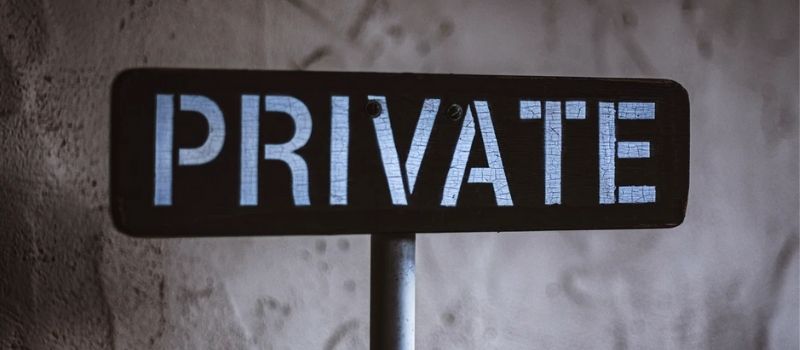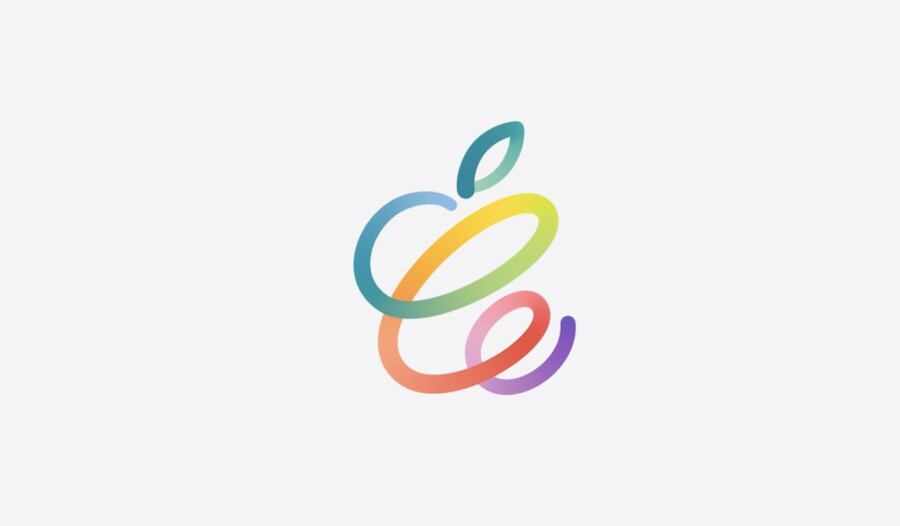
Not by Brandmauer Alone: what safety software you need to stay safe online
Staying safe and private online is getting more and more difficult. Various viruses and malware programs bother users and make us feel threatened. And not for nothing. AV-Test, which is known as the Independent IT-Security Institute, researches the topic of online security for 15 years. They have found nearly 120 million registered cases of unique malware programs today, and these are only known cases for that institute. After reading this data, appears one logical question – how can average users protect themselves online from this amount of security threats?
Well, we are not defenseless. Every user has a firewall (brandmauer) that checks and limits websites that Google shows. A firewall is the network security system that monitors and controls the network traffic and filters trusted and untrusted networks. But we cannot rely simply on this system. There are one or two software programs that can help us to manage our safety on the Internet.
PASSWORD MANAGER
Antivirus protects us from threats targeted on devices. However, some antivirus packs have multiple tools designed for online security. Take a password manager, for example. Kaspersky and NordPass have inbuilt software for managing user’s passwords. There is also independent software like 1Password or Bitwarden. We all know that we need to create strong and unique passwords to protect our data, but sometimes they can be long and difficult to remember. That is the exact reason why we need password managers. Keeping your credentials on the computer is senseless but not in encrypted storage.
VPN
We are pretty sure that you have heard about VPN (Virtual Private Network). They are software that encrypts your IP address and hides it from browsers so you can download safely with the IP address of almost any other country. Although VPNs are mainly used as a workaround for website restrictions in your home country, they can also guarantee your data protection by using unique network servers. Some of the heavyweights on the market are NordVPN and TunnelBear.
AUTHENTICATOR
Another tool that improves online safety is the authenticator. Authenticators are tools that give the user 2FA protection (2-factor authentication). This means that even after the password has been entered, the user still needs to confirm their identity. They receive a single-use code sent either to the user’s mobile phone or to the registered email address.
All reputable websites and programs integrate this tool to provide extra safety for the users and their data. As you may know, credentials are under an extensive threat and often are targeted by hackers and malware. That is why a decent authenticator for any site that works with data is a must. This software’s downfall is that not all websites can offer such a feature. But be ready to encrypt your Google Accounts with Google Authenticator.
DATA LOSS PREVENTION
Last but not least is the DLP (Data Loss Prevention) software. This technology represents a set of tools that analyze data by predetermined basic security policies like HIPAA. DLP’s main point is to identify and protect suspicious or anomalous data activity. The software runs an analysis to secure the data in motion, data at rest, and data in use. McAffee has its DLP tools, but users also choose independent software like Incydr.
At the endpoint, users decide what software they get to trust protecting themselves online. All of the mentioned have their methods and purpose, but that does not mean we can be 100% safe. We strongly recommend that all readers keep the primary security rules online, not wholly relying on software. They are not the ones to value your data.
- On April 19, 2021
- 0 Comment


